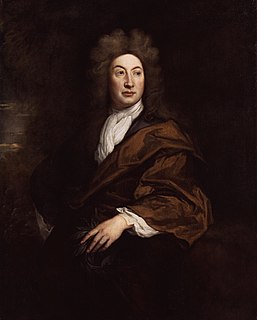 W
WThe Poet Laureate of the United Kingdom is an honorary position appointed by the monarch of the United Kingdom, currently on the advice of the Prime Minister. The role does not entail any specific duties, but there is an expectation that the holder will write verse for significant national occasions. The origins of the laureateship date back to 1616 when a pension was provided to Ben Jonson, but the first official holder of the position was John Dryden, appointed in 1668 by Charles II. On the death of Alfred Lord Tennyson, who held the post between November 1850 and October 1892, there was a break of four years as a mark of respect; Tennyson's laureate poems "Ode on the Death of the Duke of Wellington" and "The Charge of the Light Brigade" were particularly cherished by the Victorian public. Four poets, Philip Larkin, Thomas Gray, Samuel Rogers and Walter Scott, turned down the laureateship. The holder of the position as at 2019 is Simon Armitage who succeeded Carol Ann Duffy in May 2019.
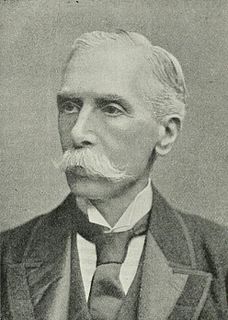 W
WAlfred Austin was an English poet who was appointed Poet Laureate in 1896, after an interval following the death of Tennyson, when the other candidates had either caused controversy or refused the honour. It was claimed that he was being rewarded for his support for the Conservative leader Lord Salisbury in the General Election of 1895. Austin's poems are little-remembered today, his most popular work being prose idylls celebrating nature.
 W
WSir John Betjeman was an English poet, writer, and broadcaster. He was Poet Laureate from 1972 until his death. He was a founding member of the Victorian Society and a passionate defender of Victorian architecture, helping to save St Pancras railway station from demolition. He began his career as a journalist and ended it as one of the most popular British Poets Laureate and a much-loved figure on British television.
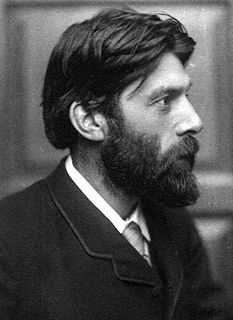 W
WRobert Seymour Bridges was Poet Laureate from 1913 to 1930. A doctor by training, he achieved literary fame only late in life. His poems reflect a deep Christian faith, and he is the author of many well-known hymns. It was through Bridges’ efforts that Gerard Manley Hopkins achieved posthumous fame.
 W
WColley Cibber was an English actor-manager, playwright and Poet Laureate. His colourful memoir Apology for the Life of Colley Cibber (1740) describes his life in a personal, anecdotal and even rambling style. He wrote 25 plays for his own company at Drury Lane, half of which were adapted from various sources, which led Robert Lowe and Alexander Pope, among others, to criticise his "miserable mutilation" of "crucified Molière [and] hapless Shakespeare". He regarded himself as first and foremost an actor and had great popular success in comical fop parts, while as a tragic actor he was persistent but much ridiculed. Cibber's brash, extroverted personality did not sit well with his contemporaries, and he was frequently accused of tasteless theatrical productions, shady business methods, and a social and political opportunism that was thought to have gained him the laureateship over far better poets. He rose to ignominious fame when he became the chief target, the head Dunce, of Alexander Pope's satirical poem The Dunciad.
 W
WSamuel Daniel was an English poet and historian.
 W
WSir William Davenant, also spelled D'Avenant, was an English poet and playwright. Along with Thomas Killigrew, Davenant was one of the rare figures in English Renaissance theatre whose career spanned both the Caroline and Restoration eras and who was active both before and after the English Civil War and during the Interregnum.
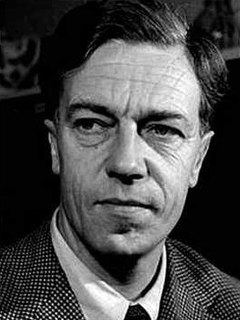 W
WCecil Day-Lewis, often written as C. Day-Lewis, was an Anglo-Irish poet and Poet Laureate from 1968 until his death in 1972. He also wrote mystery stories under the pseudonym of Nicholas Blake.
 W
WJohn Dryden was an English poet, literary critic, translator, and playwright who was appointed England's first Poet Laureate in 1668.
 W
WDame Carol Ann Duffy is a British poet and playwright. She is a professor of contemporary poetry at Manchester Metropolitan University, and was appointed Poet Laureate in May 2009, resigning in 2019. She is the first woman, the first Scottish-born poet and the first known LGBT poet to hold the position.
 W
WLaurence Eusden was an English poet who became Britain's youngest Poet Laureate in 1718.
 W
WEdward James Hughes was an English poet, translator, and children's writer. Critics frequently rank him as one of the best poets of his generation, and one of the twentieth century's greatest writers. He was appointed Poet Laureate in 1984 and held the office until his death. In 2008 The Times ranked Hughes fourth on their list of "The 50 greatest British writers since 1945".
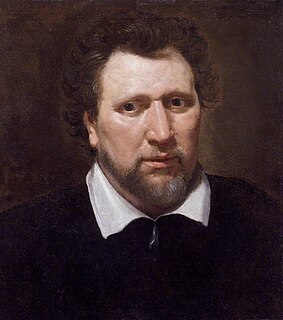 W
WBenjamin Jonson was an English playwright and poet, whose artistry exerted a lasting influence upon English poetry and stage comedy. He popularised the comedy of humours. He is best known for the satirical plays Every Man in His Humour (1598), Volpone, or The Fox, The Alchemist (1610) and Bartholomew Fair (1614) and for his lyric and epigrammatic poetry. "He is generally regarded as the second most important English dramatist, after William Shakespeare, during the reign of James I."
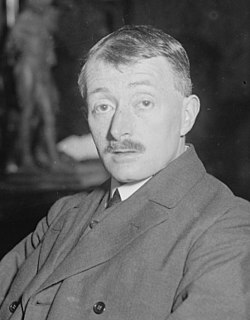 W
WJohn Edward Masefield was an English poet and writer, and Poet Laureate from 1930 until 1967. Among his best known works are the children's novels The Midnight Folk and The Box of Delights, and the poems The Everlasting Mercy and "Sea-Fever".
 W
WSir Andrew Motion is an English poet, novelist, and biographer, who was Poet Laureate from 1999 to 2009. During the period of his laureateship, Motion founded the Poetry Archive, an online resource of poems and audio recordings of poets reading their own work. In 2012, he became President of the Campaign to Protect Rural England, taking over from Bill Bryson.
 W
WHenry James Pye was an English poet, and Poet Laureate from 1790 until his death. His appointment owed nothing to poetic achievement, and was probably a reward for political favours. Pye was merely a competent prose writer, who fancied himself as a poet, earning the derisive label of poetaster.
 W
WNicholas Rowe, English dramatist, poet and miscellaneous writer, was appointed Poet Laureate in 1715. His plays and poems were well-received during his lifetime, with one of his translations described as one of the greatest productions in English poetry. He was also considered the first editor of the works of William Shakespeare.
 W
WThomas Shadwell was an English poet and playwright who was appointed Poet Laureate in 1689.
 W
WJohn Skelton, also known as John Shelton, possibly born in Diss, Norfolk, was an English poet and tutor to King Henry VIII of England. Skelton died in Westminster and was buried in St. Margaret's Church, although no trace of the tomb remains.
 W
WRobert Southey was an English poet of the Romantic school, and Poet Laureate from 1813 until his death. Like the other Lake Poets, William Wordsworth and Samuel Taylor Coleridge, Southey had begun as a radical, but became steadily more conservative, as he acquired respect for Britain and its institutions. Other romantics, notably Byron, accused him of siding with the establishment for money and status. He is principally remembered as author of the poem After Blenheim and the original version of Goldilocks and the Three Bears.
 W
WNahum Tate was an Irish poet, hymnist and lyricist, who became Poet Laureate in 1692. Tate is best known for The History of King Lear, his 1681 adaptation of Shakespeare's King Lear.
 W
WAlfred Tennyson, 1st Baron Tennyson was a British poet. He was the Poet Laureate during much of Queen Victoria's reign and remains one of the most popular British poets. In 1829, Tennyson was awarded the Chancellor's Gold Medal at Cambridge for one of his first pieces, "Timbuktu". He published his first solo collection of poems, Poems Chiefly Lyrical in 1830. "Claribel" and "Mariana", which remain some of Tennyson's most celebrated poems, were included in this volume. Although decried by some critics as overly sentimental, his verse soon proved popular and brought Tennyson to the attention of well-known writers of the day, including Samuel Taylor Coleridge. Tennyson's early poetry, with its medievalism and powerful visual imagery, was a major influence on the Pre-Raphaelite Brotherhood.
 W
WThomas Warton was an English literary historian, critic, and poet. He was appointed Poet Laureate in 1785, following the death of William Whitehead (poet). He is sometimes called Thomas Warton the younger to distinguish him from his father Thomas Warton the elder. His most famous poem is The Pleasures of Melancholy, a representative work of the Graveyard poets.
 W
WWilliam Whitehead was an English poet and playwright. He became Poet Laureate in December 1757 after Thomas Gray declined the position.